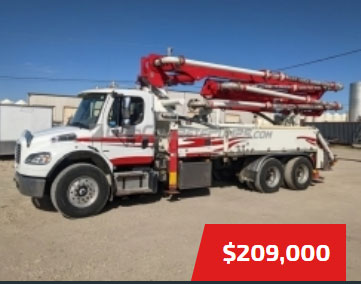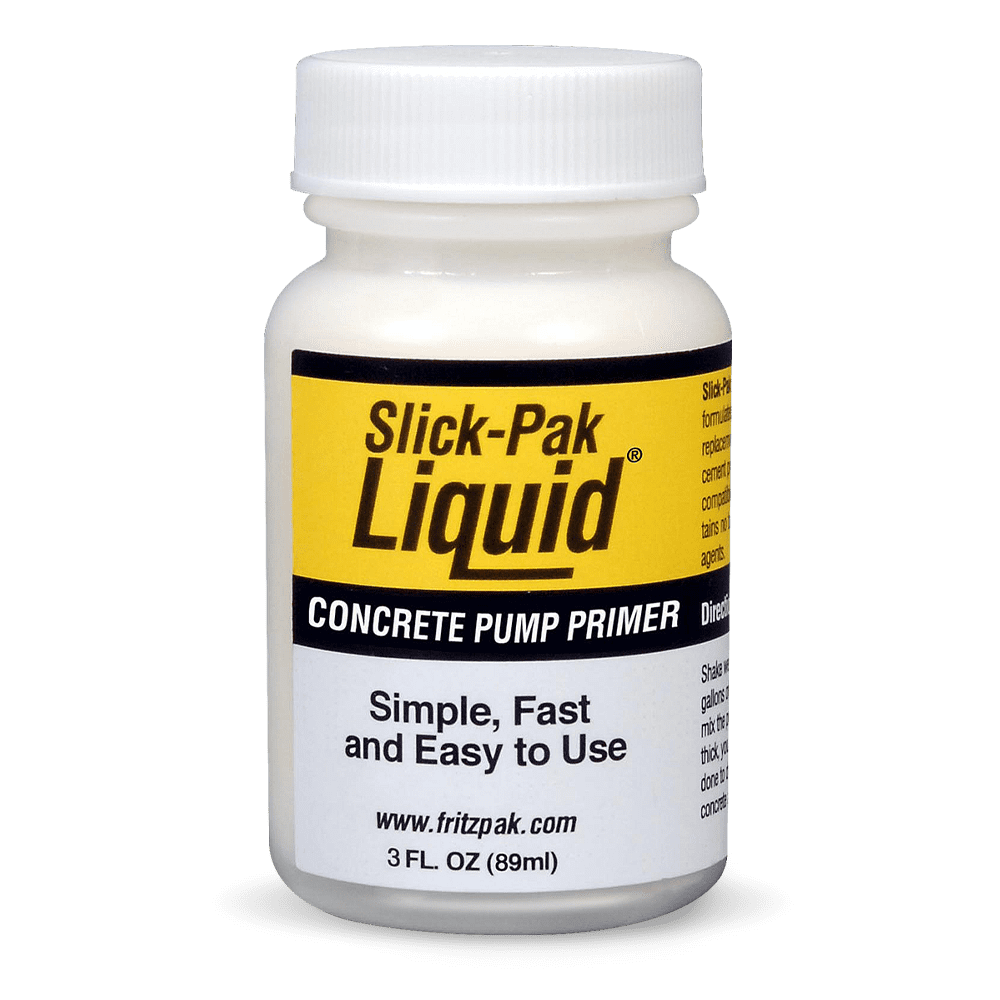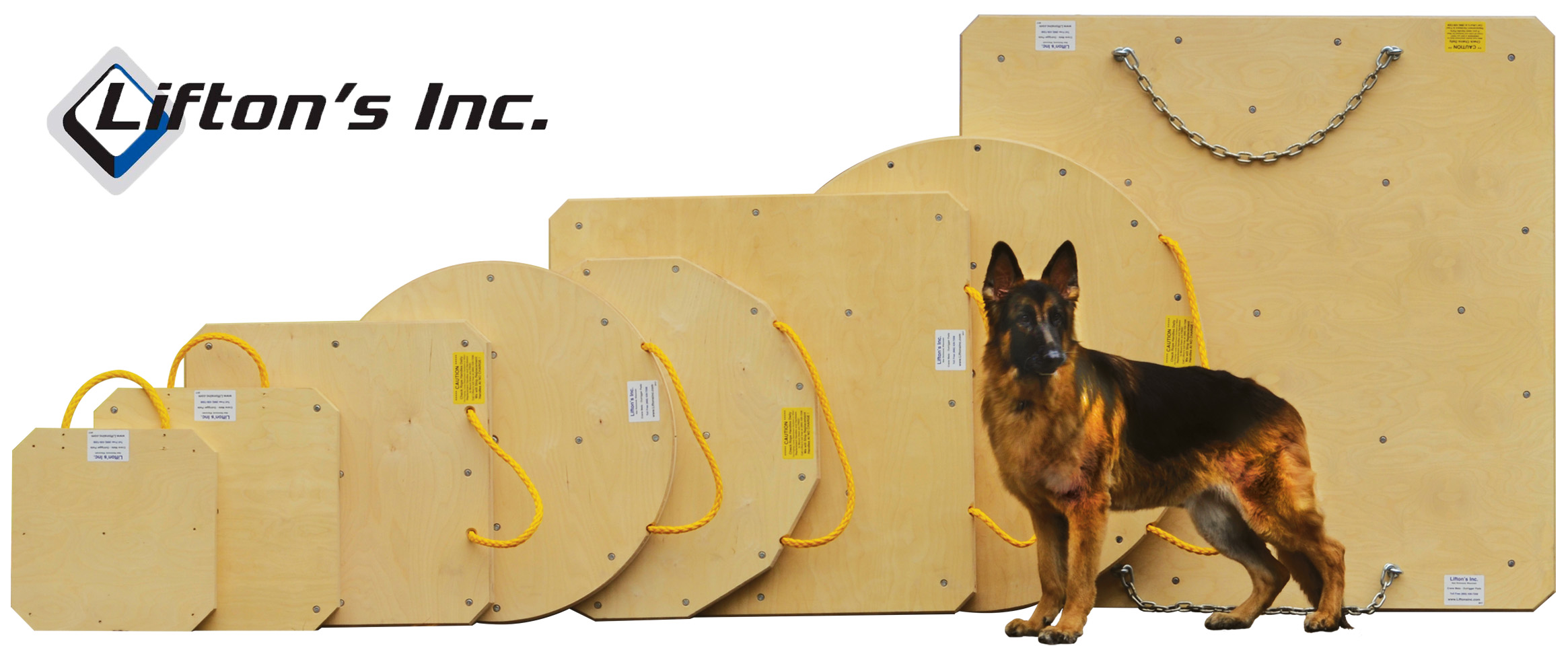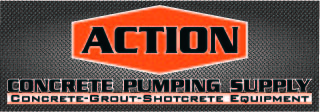Qualities of a Great Operator
Qualities of a Great Operator
What makes a great operator? Is it the ability to run several different machines? Or perhaps the way a man takes care of the single pump that he has run for years. Maybe it’s the way he gets along with the customers and his own office. Is it the fact that in 5 years he has never been late to a job? Does his appearance have anything to do with this? The way he manages to get through difficult situations without anyone getting hurt or the customer complaining maybe? The ability to be a diplomat and an engineer with the charisma of a politician all rolled into one? A job site mechanic and troubleshooter with a good knowledge of what makes his pump run? The patience of a saint? Which of these qualities makes an operator a GREAT OPERATOR?
The simple truth is that all of these things are required to just be an average pump operator. Being well versed in all of these areas and more is required to be great. And there is one more thing. Never forget this, you are only as good as your last pour. It does not matter what you did last month or last year. You are judged by what happened yesterday. Consistency is the key. When you are good on a daily basis and everyone is happy, the occasional bad day will be forgiven. Try to keep those days far and few between. The ability to run many different pumps will give an operator more opportunities to work and will raise his value with his employer. The personal knowledge of the many different models can only be helpful, as the day will come when you are needed to run something without warning. Having a good working knowledge of the different makes and models will save you and your company. There is nothing worse than having a pump that no one knows how to run. Cross train with the other operators. Learn the equipment. Many companies are now running mixed fleets from several manufacturers and having only one man trained for any one pump is asking for a problem. There are some companies where there are not assigned units, where a guy will continue to stay on a certain project and will take out the size boom that is required for that day. This is excellent cross training with the entire company of operators able to walk up and deal with any pump in the yard. Besides, if you ever leave your present job, it will be a lot easier to find another job when you don’t have to be trained on a new machine. Learn them all. They all are different. This is one way to be the best.
No matter what pump you are running or what the job that you are doing, take care of it. If it is an 87’ model 28m with an 80yph-pump cell it is still a valuable piece of equipment. The single biggest reason that a pump is retired and junked is because it was not taken care of properly. Good maintenance and keeping the pump and truck clean will save it for many years. It doesn’t matter how old or how out dated it is, if it is in good working order and will do what it was designed to do, there is a market for such a pump. A place for it to work. And believe me, as far as you are concerned as an operator, it does all pay the same. So what if your pump is the oldest in the fleet? Does it look good? Does it run well? If so, that will say more about you than any other endorsement that you could have. The customers notice and so does the guy that signs your check. Having an older pump has its advantages also, as many of you already know. Keeping it in good shape says a lot about the operator whether he is a pig and doesn’t care or if he has pride in his equipment and himself. Be proud and show your stuff to everyone. The easiest way to do that is to take care of your pump like it was yours. The shop will appreciate a clean machine to work on. The customer will have faith in a clean pump. The owner will be more inclined to believe in you when something does go wrong because he sees the effort that you put into the machine, and your job. Do the little things that most people will never notice. The few that do take note will be pleasantly surprised. Have everything in order and put away. A truck can be clean on the outside where the world sees it driving down the road, but when it is set up and everyone can see the mess on the decks, well that kind of ruins it. Have all your gear put away where you know where it is. Keep your tools and parts organized so that you don’t have to tear the thing apart to find a 10mm Allen wrench. Be organized, it will show. This pump will be paid for if it is an older unit. So, if its paid for and the company is not spending a fortune each month fixing things, you can count on an owners approval of your system and the way that you do things. The boss always notices a pump that makes near 100% profit and he will understand that you as the operator are the reason that the pump is making money and not spending it all. I have seen new machines that lost money each month due to repairs and maintenance because they were not properly taken care of. An old pump can go on forever if you put the effort into it. This is another way to be on the list of the best.
Another part of being the best is the ability to deal with things. Getting along with difficult customers is an art in itself. It does not matter how good you are and how clean your pump is if someone calls in and complains that they could not get along with you on the job. That’s as bad as it gets. Often we hear customer complaints that have no merit. A guy will call in and complain trying to get even with you because you refused to set up where he wanted. Perhaps it was not safe, or maybe it was not the best access. Its amazing to me how little many customers really know about setting up a pump and how much power they have over your life. You may get a complaint from a guy that is nervous because you did something different on his job that he was unable to understand. Some of them only know one way of doing anything and something different scares them to death. They are so afraid that their pour will be screwed up that they will burn you in order to feel like they are still in control. I have actually had a customer scream at me that he pumps concrete several times a year and he knows exactly what the correct way of doing it is. Well, maybe he does. Or maybe he doesn’t give a darn about your safety or the safety of the other people on the job and all he wants is to have his concrete placed. Maybe he dealt with a salesman that told him that it would work one way and having put all his trust in the salesman, you now tell him otherwise 30 minutes before the concrete arrives, he will loose it and burn you with a phone call. You must be wary of this. You must be a diplomat in the relationship with the customer. You must gain his trust and respect. The easiest way of doing this is to do an above average job. Do a great job going above and beyond the call of duty. You must gain his trust. Make him see that you are the EXPERT and that your opinion is gold. Build this relationship with the crew also. I have seen a laborer run an operator off of a job because he didn't like him for whatever stupid reason. Unfortunately you have to deal with them all and make them love you. It’s like dating in a way. If you want to see them again, you must make them feel special, even to the lowest laborer. They all count. Sometimes you will encounter a racial thing where no matter what you do it will be wrong. That’s not your fault. The good news is that if they are that bad, it will be obvious to your office when they call in to complain. Hopefully. You may have a day when the pump is malfunctioning and you are having a rough time even finishing the pour. It may be tougher on the crew and they will say something to someone. They don’t care if your boom is all screwed up and you cannot help the bouncing or the erratic movements. You try but it still is a rough ride all day. All they care about is that your boom work is sloppy and they are usually incapable of understanding why. It’s just BS to them when you try to explain why it is so rough. Its your fault and that's all there is too it. That’s why they need to know you before something happens. If they trust you and know that your usual work is far better, they will be a little more forgiving when there is a problem. Keep this in mind though, whatever happens whether it is your fault or the fault of the machine or whoever, you are the guy running the thing and you are the guy they will talk about. I have heard stories about a pour that someone was upset about a few months earlier and heard that the operator didn’t know what he was doing or how to run the pump. After a few minutes I would realize that it was my pour that they were talking about. They do not stop to think that there could have been a computer problem or a hydraulic malfunction, much less spell it, they just want to blame someone, the guy that was running the pump. Surprise, you’re it. If you have a relationship developed with this customer and his crew, the rumors and the comments will be a lot more passive. They may say something like it was a tough day as opposed to “that guy beat the crap out of us”. Be their friend, if nothing else as long as you are on their job. Its jobsite diplomacy and it is required to survive these days. Get along with these people. They have your next check in their hands.
Another thing that is required to be among the best is a mechanical aptitude. When the pump goes down and it will, be able to deal with it. Know the machine and what all the parts are. Know how to describe a symptom to a mechanic over the radio so that he will be better able to help you. Have the tools that are required to change hoses or fittings on the pump. Many pours have failed because the operator did not have the correct wrench to change a hose. That’s poor. You should be able to change most any hose and even get into some more complex areas when you really know the machine. The office will appreciate it a lot when you call in and tell them that you are down and working on it. Don’t send help, I am just letting you know that I will down for 15 minutes. And handle it. Job site repairs will happen to everyone sooner or later. Handle it. If the office must send out a mechanic to do fix your pump on the job, they have just spent any profit that the job would have produced and more. You are risking the loads that are sitting there while you cannot pump waiting for a mechanic, you are burning daylight. You now have to also consider the back charge that your customer will no doubt send in to the company for all his labor standing around while you wait for a mechanic. And trust me, they are always on overtime. Being down for 30 minutes on a big job can cost your company over $1000 in labor and time backcharges. More if you loose a load or two from old age. Your pump will then work for the next few weeks for free while the little profit that comes in from each pour is applied to the backcharge that you allowed to happen. All because you did not have the correct wrench or couldn’t fix it your self. The on site breakdown is where you really need to put 110% into solving the problem, the consequences are large if you cannot. Be creative in your site repairs. Use your imagination when working on a problem. Use whatever means there are to fix it. I have seen a guy replace a u-joint in a PTO driveline with a joint from a Ford farm tractor. I once had an end made for a reducer while pumping next to a machine shop. The welded end broke off of the reducer that I was using. I even left the line was full of mud while the new end was being made. It took 30 minutes and we were back in business. Being 200 miles away from any pump shop, it was a matter of need, not choice. If you are afraid that you are already in deep trouble, what have you got to loose? Try something. Effort is almost as valuable as knowledge. No body expects you to be able to rebuild the valve on the job, but they will expect you to deal with the more common things that can and do happen to us all. Being able to do this will increase your value as an employee and put you up there with the best and brightest. Having a reputation for being able to handle these things will keep you working when things get slow too. When the work slows down, the company will be more inclined to send the guys out that they don’t have to baby sit and worry about. Be self-sufficient. Be independent. Be reliable. If you can manage to be all of these things with a level of consistency, you have become a professional, and pro’s are in high demand. It’s a matter of integrity and self-respect to go out and be the best that you can be. Besides, it just plain feels good to be able to do what few others can.
Written By Horton, Lee Published by ConcretePumping.com




















.jpg)
.gif)

.jpg)








.jpg)









